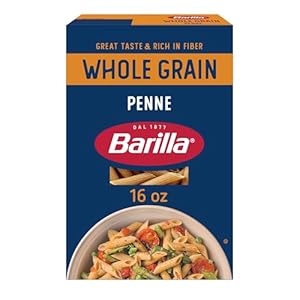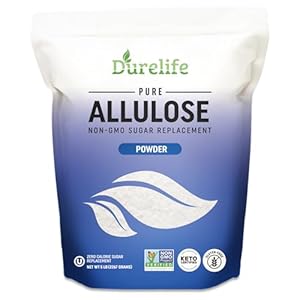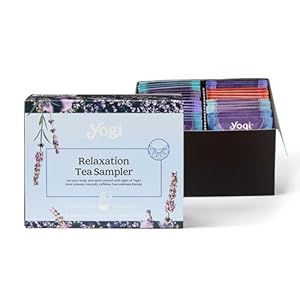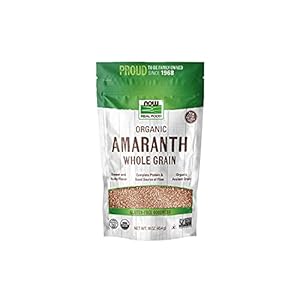In Ghana’s hot and humid climate, ensuring food safety is more than just a good practice—it’s essential. You need to be aware of how heat can accelerate spoilage and promote foodborne illnesses. By implementing effective storage techniques, you can protect your perishables and maintain their quality. Curious about the best ways to keep your food fresh and safe? Let’s explore the critical strategies you should adopt.
Understanding the Impact of Heat and Humidity on Food Safety
When you live in a hot and humid environment like Ghana, understanding how these conditions affect food safety is crucial. High temperatures and moisture levels create an ideal breeding ground for bacteria and mold.
Perishable foods can spoil quickly, leading to foodborne illnesses. You’ll find that items like fruits and vegetables can rot faster, while meats are especially vulnerable to contamination.
Even dry goods can absorb moisture, causing them to clump or spoil. It’s important to monitor food items regularly and be mindful of expiration dates.
You should also pay attention to how you handle food, as improper storage can exacerbate these issues. Ultimately, being aware of the impact of heat and humidity will help you keep your food safe and fresh.
Best Practices for Storing Perishable Foods
To keep perishable foods fresh and safe in Ghana’s heat and humidity, you need to follow some essential storage practices.
First, always store perishables in a refrigerator set at or below 4°C (39°F). Make sure to keep the fridge organized, placing older items in front to use them first. Use airtight containers to prevent moisture and contamination.
It’s also crucial to check the temperature regularly, especially during power outages. When shopping, buy perishables last and head home quickly to minimize spoilage.
If you notice any signs of spoilage, like off smells or discoloration, discard the items immediately. Lastly, wash your hands before handling food to avoid cross-contamination.
These simple steps can help ensure your food stays safe and delicious.
Effective Techniques for Preserving Fruits and Vegetables
While fresh fruits and vegetables are essential for a healthy diet, preserving their quality can be challenging, especially in Ghana’s climate.
To keep your produce fresh longer, start by washing and drying them thoroughly before storage. Store fruits like bananas and apples separately, as some emit ethylene gas, which speeds up spoilage.
For leafy greens, wrap them in a damp cloth and place them in a sealed container. Consider using airtight containers to minimize exposure to air and moisture.
If you have excess produce, try freezing or dehydrating them; both methods help lock in nutrients.
Finally, check your stored fruits and vegetables regularly, removing any spoiled items to prevent them from affecting the rest.
Tips for Safely Storing Leftovers and Prepared Meals
Properly storing leftovers and prepared meals is crucial for maintaining food safety and quality, especially in Ghana’s warm climate.
First, let your food cool down to room temperature before refrigerating it. This helps prevent bacteria growth.
Use airtight containers to keep out moisture and contaminants, and label your containers with dates to track freshness.
Store leftovers in the fridge for no more than three to four days. If you can’t finish them within that time, consider freezing them for longer storage.
When reheating, make sure your meals reach an internal temperature of at least 75°C (165°F) to kill any harmful bacteria.
Following these tips will help ensure your meals remain safe and delicious for you and your family.
Conclusion
By following these essential tips for safe food storage in Ghana’s hot climate, you can protect your health and reduce food waste. Always keep perishables refrigerated below 4°C, use airtight containers, and wash your fruits and vegetables thoroughly. Don’t forget to label your leftovers with dates and check expiration dates regularly. By staying vigilant and practicing these techniques, you’ll ensure your food remains safe, fresh, and delicious for you and your family.
Trending Products

Nature’s Garden Probiotic Yoggies Multi Pack, 21oz (Strawberry Yoggies 15×0.7 oz +Mixed Berry Yoggies 15×0.7 oz), Strawberry and Mixed Berry Yogurt Covered Snack, High Fiber, Real Fruit Pieces, No Artificial Ingredients, Healthy Snack for Adults
$25.00 Buy product
Barilla Whole Grain Penne Pasta, 16 oz. Box – Non-GMO Pasta Made With 100% Whole Grain Durum Wheat – Great Source of Fiber
$1.49 Buy product
Durelife Allulose sweetener, 5 lb 100% Pure No Erythritol powdered Sugar Substitute, NON-GMO Project Verified, Keto Certified, OU kosher, No Fillers, Zero Calories sugar alternative 5 Lbs
$29.99 Buy product
Twinings Lemon & Ginger Herbal Tea Individually Wrapped Bags, 100 Count (Pack of 1), Tangy Lemon, Spicy Ginger, Naturally Caffeine-Free, Enjoy Hot or Iced, 100 Teabags
$15.99 Buy product
Yogi Tea Relaxation Sampler Box – Mother’s Day & Stress Relief Gifts – 8 Favorite Herbal Teas (32 Tea Bags) – Assorted Delicious Wellness Teas – Caffeine Free – Variety Pack Sampler
$19.99 Buy product
NOW Foods, Organic Amaranth Whole Grain, Source of Protein and Fiber, Gluten-Free, Certified Non-GMO, 16-Ounce (Packaging May Vary)
$5.43 Buy product









